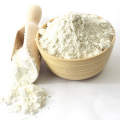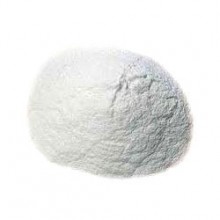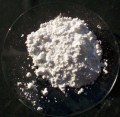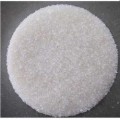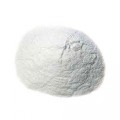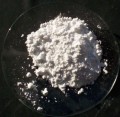 Loading... Please wait...
Loading... Please wait...- Home
- About Us
- Shipping, Returns & FAQ's
- Contact Us
-
For Your Information
- Canadian Customers Have a Choice if Shipping Via UPS
- Aura Cacia Homemade Aromatherapy Recipes
- Bella Nella Altered Art & Paper Crafts Blog
- Forms of Herbal Preparations
- Laundry Tips To Conserve Energy Blog from The Laundress
- The Story of Frontier Natural Products Co-Op
- Sovereign Silver Hydrosol and Aloe Protocol Stops Downward Spiral of Gut Dysbiosis
- Disclaimers
- Recommended Links
- RSS/Recent News
- The Story of Typhoon Housewares
- Reviews/Testimonials
- Raw Ingredients for Mfg
- Home
- Raw Materials
- Coagulants
- Calcium Chloride Anhydrous X-PURE Food Grade Powder Bulk
- Home
- Raw Materials
- Preservatives
- Calcium Chloride Anhydrous X-PURE Food Grade Powder Bulk
Calcium Chloride Anhydrous X-PURE Food Grade Powder Bulk
Product Description
Industry Uses
• Soft Drink Industry: Water treatment to reduce alkalinity
• Vegetable Canning Industry: Used as a firming agent and preservative
• Brewing Industry: To adjust pH, precipitate calcium oxalate, assist in protein precipitation, and adjust flavor
• Dairy Products: Cheese/tofu coagulation/culture
• Agriculture: fertilization
• Transportation: spread on roads it helps in lowering the freezing or melting point of water
• Other General purpose food additive
In food processing calcium chloride helps to keep your foods firm. For example, it helps form solid cheese and tofu, preserves frozen food, and canned fruit and vegetables. Calcium chloride keeps your packaged foods dry, as it can absorb a lot of moisture. When added it slightly increases the calcium content of food. If sprayed on live crops and fresh produce, it acts as a preservative by maintaining the calcium content of your fruits or vegetables. This helps maintain cellular structure and crispness. Calcium chloride can replace salt in food processing to lower sodium content.
Calcium chloride breaks down into calcium and chloride ions in your body. Calcium is important physiologically for healthy nerves, muscles and bones. A lack of calcium can reduce the signals going from your brain to your muscles. As a result muscles can become weak and your heart may beat irregularly. Chloride ions regulate the pH balance of the blood and help to control your body fluid levels. Calcium chloride is an electrolyte added to sports drinks to replenish the minerals you lose through sweating. Dehydration can lead to chloride loss. Electrolytes are minerals with an electrical charge and are vital to functions in your body.
Although calcium chloride does not contain sodium, it is yet salty, hence is used as a flavor enhancer for pickles. Being an electrolyte and also a source of calcium, it is not surprising that calcium chloride is also found in sports drinks. As pasteurization of milk greatly diminishes calcium content, calcium chloride is added in small amounts to aid coagulation and form quality yogurt. Calcium chloride is also an important cheese making additive.
Low calcium content in water also referred as low calcium hardness can damage the swimming pool concrete and deck surfaces. These swimming pool problems can be avoided by increasing the calcium hardness of water. This can be easily achieved by adding calcium chloride to pool water.
It readily dissolves in water and ethanol at a very low temperature. As it is hygroscopic (capable of absorbing moisture), calcium chloride is always stored in air-tight containers.
Calcium chloride is often added to concrete mixes as it has been proved that concrete containing this chemical compound hardens rapidly, thus reducing the time of setting. This chemical compound also provides greater concrete strength.
Caution: Contact with calcium chloride may cause skin irritation.
Scientific Name: CaCl2
aka: Calcium dichloride, E509
Origin: USA
Notes: 95-97% Pure; CAS 10043-52-4; EC 233-140-8
Specifications are subject to change without notice.
References
livestrong.com
depressionguides.info
How to Brew: Everything You Need To Know To Brew Beer Right The First Time
Calcium Chloride by Paul M. Tyler
You Recently Viewed...
Currency Converter
Choose a currency below to display product prices in the selected currency.




